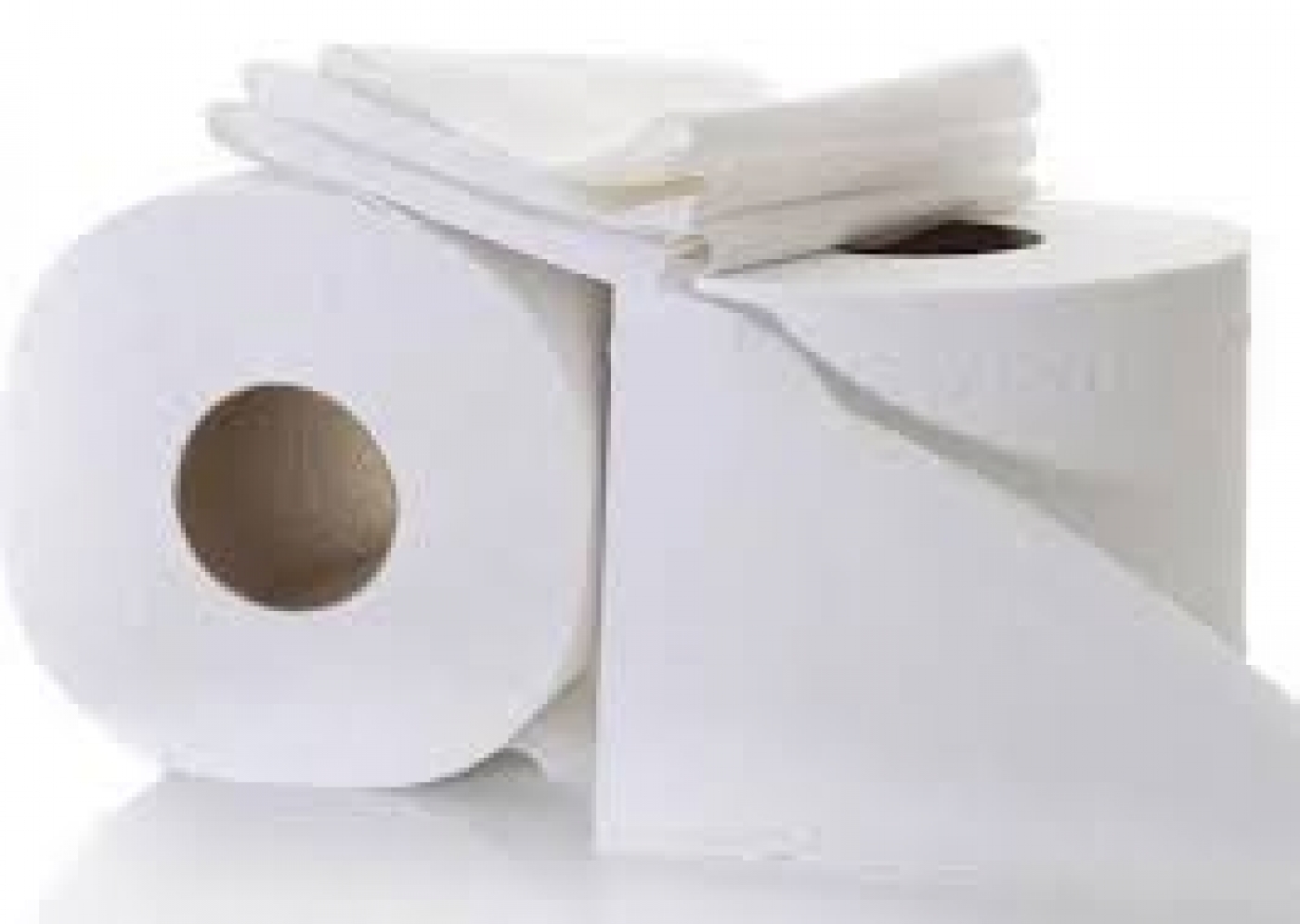The gynaecologist said, “The use of tissue paper as a sanitary pad could lead to severe health complications as infections which pass through the vagina cavity can ascend to other parts of the genital tract.
“Some of these tissue papers are products of waste paper. If tissue paper must be used it should be as a make-shift for 1 to 2 hours before a proper sanitary pad is used and should never be inserted into the vagina.
He also warned against other unhygienic menstrual practices stating that they are also means through which a woman can get infections.
A recent study published by the National Centre for Biotechnology Information has also confirmed that poor menstrual hygiene management may increase a woman’s susceptibility to reproductive tract infections.
According to the research, a limited body of evidence supports the premise that bacterial vaginosis may be more common in women with unhygienic menstrual hygiene management practices.
The research titled, ‘Menstrual Hygiene Practices, WASH Access and the Risk of Urogenital Infection in Women from Odisha, India’, noted that women with bacterial vaginosis may be at higher risk of adverse pregnancy outcomes like preterm birth, acquisition of sexually transmitted infections and development of pelvic inflammatory disease.
It also stated that urinary tract infections are believed to be among the most common forms of infection in girls and women of menstruating age, adding that this is often caused by unhygienic menstrual practices.
“The exact biological mechanism by which, unhygienic menstrual hygiene management practices affect bacterial vaginosis and urinary tract infection is not clear, but one possibility is that menstrual hygiene management creates abnormally moist conditions in the urogenital area that promotes opportunistic infection and imbalance in microbiota.”
Adegbulu urged persons who may not have the finances to buy a sanitary pad to use materials that are hygienic and non-toxic.
Such materials, he said, should also be changed regularly and not allowed to cause skin irritation or bacterial infection.
He said, “The aim should be to stop the build-up of bacteria and odour.
“This can be achieved by regular changing after use for about three to four hours. The use of pieces of clothes and towels is not unhygienic in itself but can cause infection build-up if not properly used.
“For example, if they are used for more than four hours, not properly washed and dried before being used again, they can cause infection.”
Source: latestnews.ng







